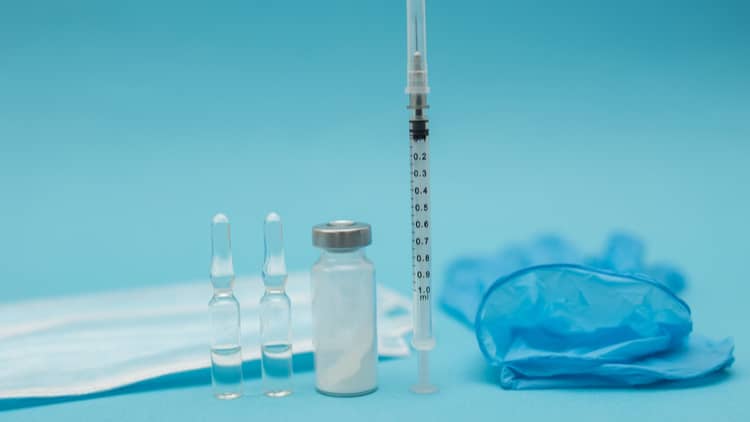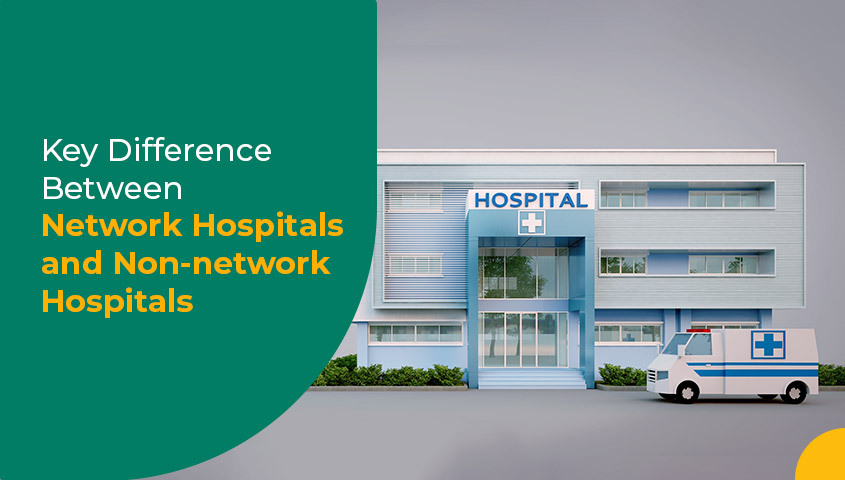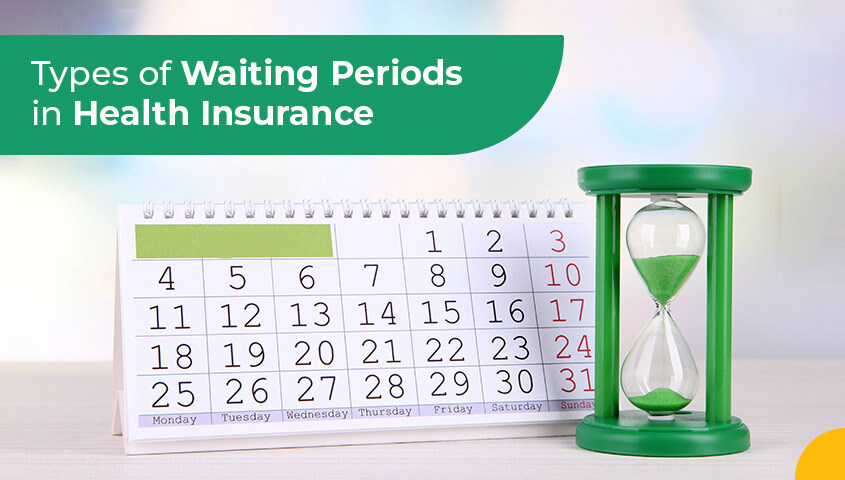
The way coronavirus has upended our lives, it is difficult to imagine if life would be normal again. The surge of this disastrous disease has been so massive, that it has made even the most developed nations’ healthcare come crumbling down. However, man continues to fight the pandemic with all his might.
The challenges faced by the Indian government are many. The vast population, the lack of resources, the ignorance among people, the newness of the pandemic have been big hurdles in containing the adverse situation. In lieu of the emerging pieces of evidence, the government has been revising its treatment protocols from time to time.
Recently, new guidelines have been issued by the All India Institute of Medical Sciences (AIIMS), to treat Covid-19 among adults. The course of treatment has been classified into three categories, on the basis of the seriousness of the patient:
- Mild Case
- Moderate Case
- Severe Case
In this article, we will discuss the official line of treatment in all three categories.
Treatment for Mild Cases of Covid-19
The patient who has mild covid-19 has upper respiratory tract symptoms such as cough, sore throat, tiredness, with or without fever. There is no shortness of breath or hypoxia in these patients. Such patients are recommended home isolation and care. Let us take a look at the Dos and Don’ts for these patients.
Do’s
For a patient who is a mild case of Covid-19:
- Maintain a physical distance of 6 feet from all members at home, and pets
- Strict hand hygiene must be maintained
- Double/ N-95 mask must be worn at all times
- Be in regular contact with your doctor
- Keep a thermometer and oximeter to monitor your temperature and oxygen levels
- Follow the symptomatic treatment that includes antitussive, multivitamins, hydration, antipyretics, as recommended by your physician
Can Also Do:
- Tab Ivermectin Dose 200 mcg/kg can be taken once a day for 3 days
- Hydroxychloroquine Dose 400mg BD – for 1 day, which has to be followed by 200mg BD for 4 days
These medicines should be taken only after consulting your physician - Metered-dose of Inhalational Budesonide can be given if fever or cough continues beyond 5 days, after consulting the doctor
Treatment for Moderate Cases of Covid-19
Confirmed cases of covid-19 who have a respiratory rate of more than 24 per minute have shortness of breath and their SpO2 is below 90% or are categorised as moderate cases of Covid-19. It is recommended that such patients are admitted to a hospital.
Recommendations:
Oxygen Support
- The targeted SpO2, i.e. the oxygen saturation is a minimum of 92% to about 96%. The higher the better.
- For COPD (Chronic Obstructive Pulmonary Disease) patients the oxygen saturation is considered normal for 88% to 92%
- The preferred tool for oxygenation is a non-rebreathing face mask
- Patients are to be encouraged to practise awake proning
Anti-inflammatory or Immunomodulatory Therapy
- Injection Methylprednisolone to be given from 0.5 to 1 mg/kg in divided doses
- If a patient is unstable, he/ she may be switched to oral route
Anticoagulation
- Conventional dose prophylactic unfractionated heparin or Low Molecular Weight Heparin can be given if there is no risk of bleeding
Clinical Monitoring
- Breathing, change in the requirement of oxygen, hemodynamic instability to be monitored
- If in case the patient’s condition worsens, Serial CXR; HRCT chest may be done
- CRP and D-dimer should be monitored every 48 to 72 hours
Treatment for Severe Cases of Covid-19
The patients who show signs of a respiratory rate above 30 per minute, shortness of breath or a SpO2 that is less than 90% are regarded to be severe cases of Covid-19. It is recommended that such patients are admitted to the Intensive Care Unit (ICU) of a hospital.
Recommendations:
- Respiratory Support
- Depending on the availability, NIV (Face mask or helmet interface) should be used for patients who have an increasing requirement of oxygen or their breathing is low
- If the patient cannot tolerate NIV, intubation can be carried out with high work breathing
- Patients who have an increasing requirement of oxygen can also be given HFNC
- For management of ventilator, conventional ARDSnet protocol should be used
- Anti-inflammatory or Immunomodulatory Therapy
- Injection of Methylprednisolone from 1 to 2mg/kg IV in divided doses, for 5 to 10 days
- Anticoagulation
- Intermediate dose prophylactic unfractionated heparin which should be weight-based
- Heparin can be given if there is no risk of bleeding
- Other Measures
- Sepsis or septic shock should be managed according to the protocols and local antibiogram
- Euvolemia should be maintained
- Clinical Monitoring
- In case the patient’s condition worsens, Serial CXR; HRCT chest may be done
Guidelines About Remdesivir
According to the recent guidelines issued by AIIMS, the use of Remdesivir should be done only in rare cases. The Emergency Use Authorisation, of the medicine, is on the basis of limited available evidence and only in specific circumstances”.
Remdesivir should be considered only for the following:
- Patients who fall under the category of Moderate to Severe cases
- Patients who do not have any renal or hepatic dysfunction
- Patients who experienced the initial Covid-19 symptoms less than 10 days ago
- Patients who are not on oxygen support or are in a home setting must NOT be given Remdesivir
Guidelines About Tocilizumab (Off-label)
Tocilizumab (Off-label) should be given only when all the following criteria are fulfilled:
- The patient is severely ill
- There are significant inflammatory markers
- The patient’s condition does not improve even after steroids
- There is no fungal/ tubercular/ bacterial infection
Guidelines About Convalescent plasma (Off label)
Convalescent plasma (Off label) should be given when the following criteria are fulfilled:
- When the disease is within 7 days of the onset of symptoms
- There is high availability of high titre donor plasma
Conclusion
With the health infrastructure on its knees, the government has been urging the public to stay at home, wear masks and maintain social distancing norms. The citizens need to empower themselves and prevent the further spreading of this deadly virus. While it is important that you stay updated about the covid-related information, it is also necessary to stay from negativity and rumours. Follow the government-issued guidelines and stay safe.
References:
































